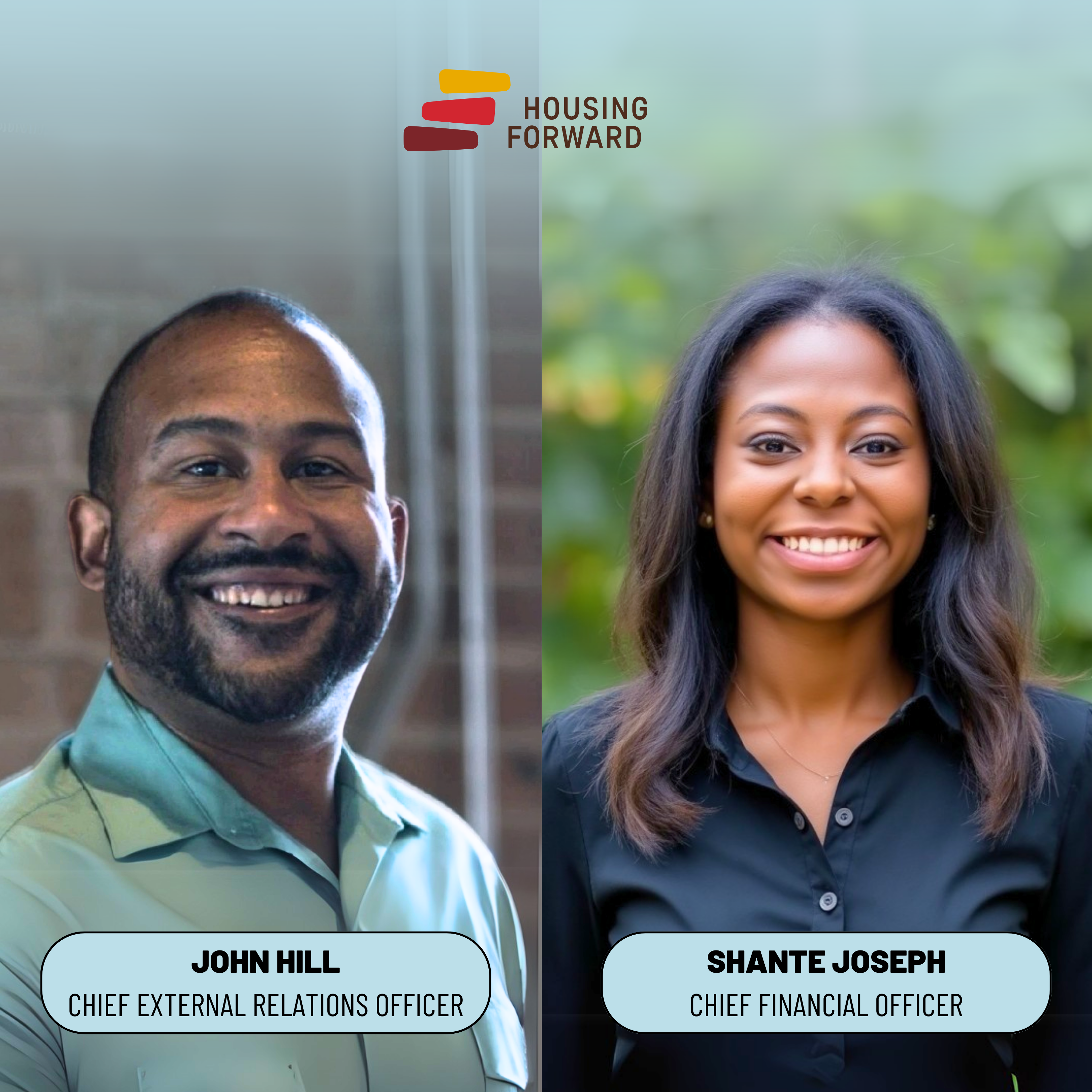Are there homeless people who choose to remain homeless? In all his years as a street outreach worker, Carl Falconer, President and CEO, of the Metro Dallas Homeless Alliance, has only come across one person, out of thousands he had contact with, who truly didn’t want to be housed as quickly as possible.
Now, there are many more who told him some version of, “I don’t want housing/help/your help/your program.” However, he says, when you delve deeper, you discover that they are really trying to tell you, us, something entirely different. Carl is thankful to his good friend, John, who was homeless for a long time, for helping him understand just that. Here is what John taught Carl:
The first time you wake up homeless, you think to yourself, “I’m going to get out of this situation today.” You try multiple things, like getting a job, finding a housing program, going to shelter, staying clean and sober, taking your medications, etc. Most of the time, though, at the end of the day, you’re still homeless. You wonder why you couldn’t get yourself out of this situation.
The next day you get up again and you tell yourself the same thing, “I’m going to get out of this situation today.” You repeat the same cycle, day after day. Can you imagine what this does to your sense of well-being and mental health?
Then one day, you wake up and think differently. You feel like nothing you can do can get you out of this situation. You must break this cycle. You then feel like you have a choice to make: You can say to yourself that you choose to be homeless, and embrace and “own” your situation. Alternatively, you can end your life. Those seem like the only options available to you.

Carl Falconer
Now, you might wonder, why would John and his friends typically blame themselves for their plight? It might be because we do. We, as a society, have constructed the Horatio Alger myth. In America, we tell ourselves, your success and your failure, wholly depend on you.
Even a cursory analysis of the social science evidence shows us that this is not true. The systems, within which we live our lives, exert powerful forces upon us. The influence these systems have on each of us not only profoundly limits our choices, but deeply affects what we perceive as individual choices.
This is why systemic problems demand systemic responses. We must do whatever it takes to end homelessness. What it takes is an effective homeless response system, coupled with a sufficient housing supply. These two system components allow for the one thing that ends homelessness: Housing the homeless, quickly and permanently.
Fortunately, Dallas is up to the task. We, at the Metro Dallas Homeless Alliance, along with our partners, continue to improve our homeless response system. Dallas, as a community, through a combination of governmental and civic action, is taking steps to ensure that it has enough housing units to house those who are homeless.
If we doggedly pursue these two complementary goals, we can and will end homelessness. Then we can truly break the cycle, which we have forced John and many of our homeless friends to endure. It’s not up to him; it’s up to us. Let’s get to it.
Carl will elaborate on his vision for ending homelessness, here in Dallas and Collin Counties, at the upcoming State of the Homeless Address, on Thursday, March 14, 2019, at 9.30am, at Goodwill Industries of Dallas.





